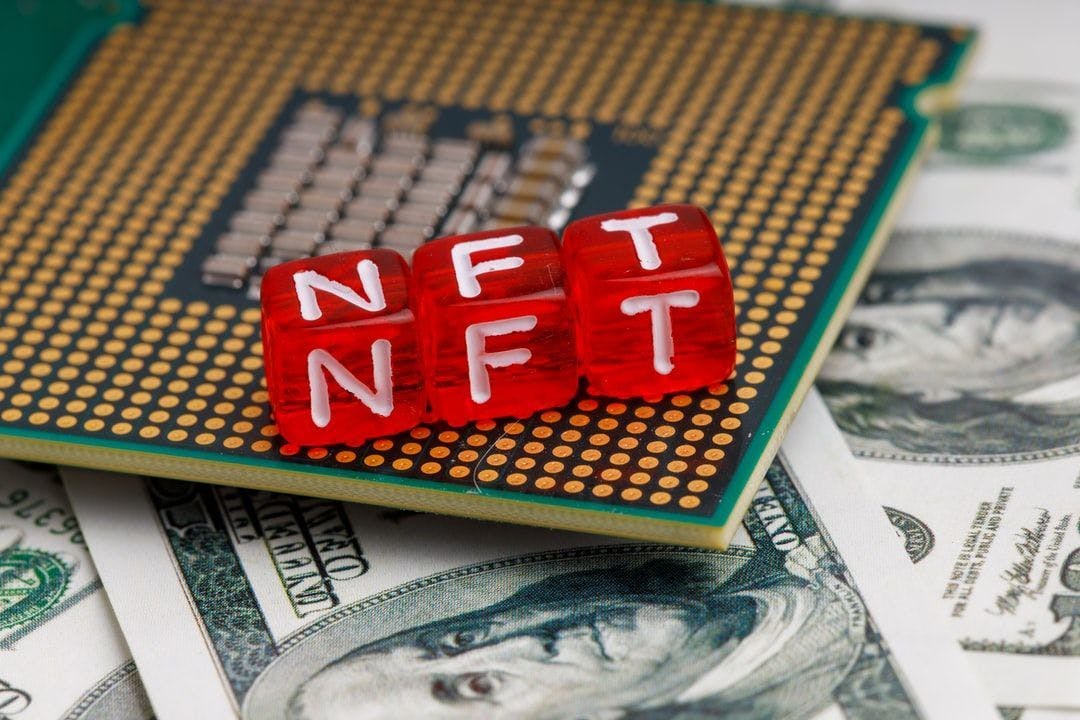256 reads
5 NFT Security Tips for Pro Collectors and The Rest of Us
by
August 11th, 2022
Audio Presented by

Ekokotu Emmanuel focuses on creating SEO content that engages readers on emerging tech, blockchain, Web3, VR/AR, AI.
About Author
Ekokotu Emmanuel focuses on creating SEO content that engages readers on emerging tech, blockchain, Web3, VR/AR, AI.
